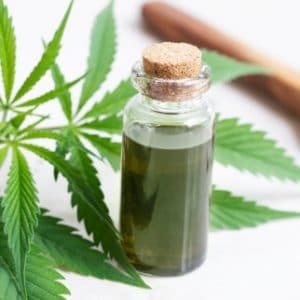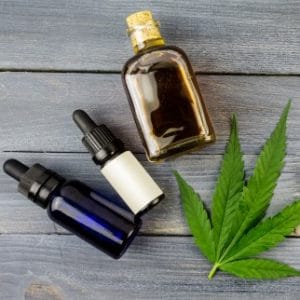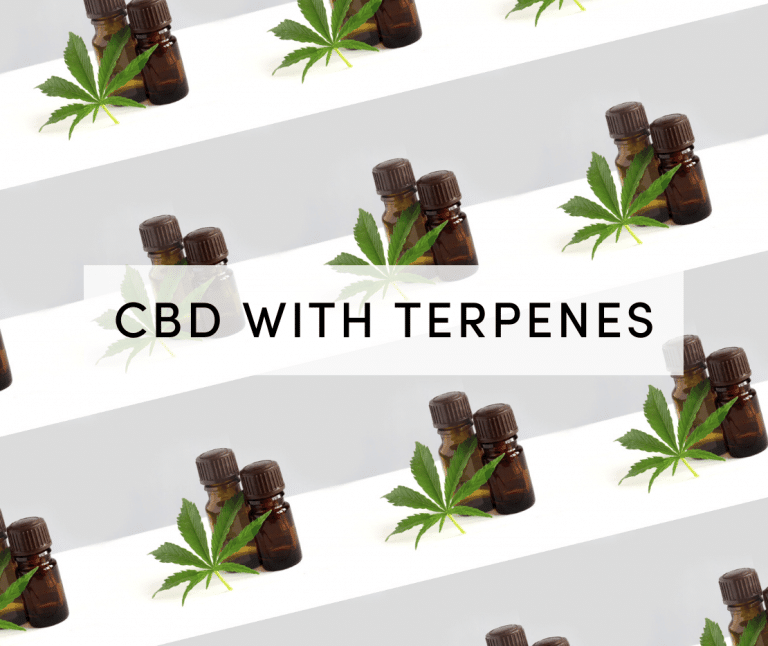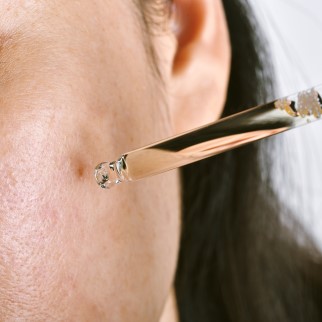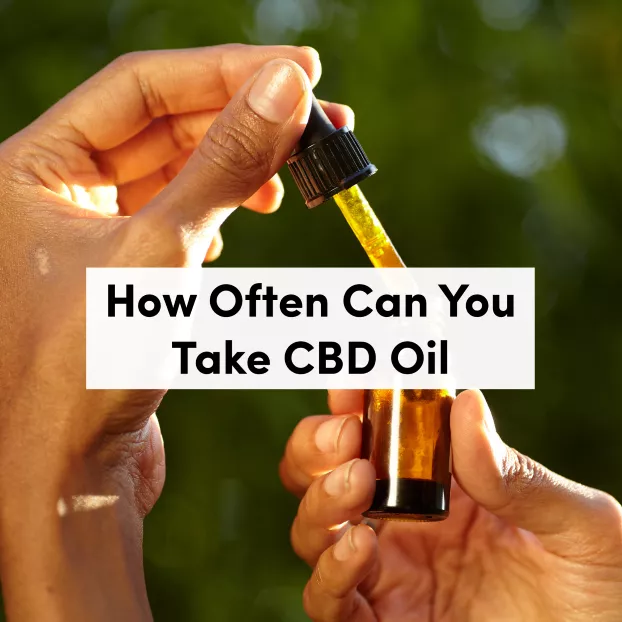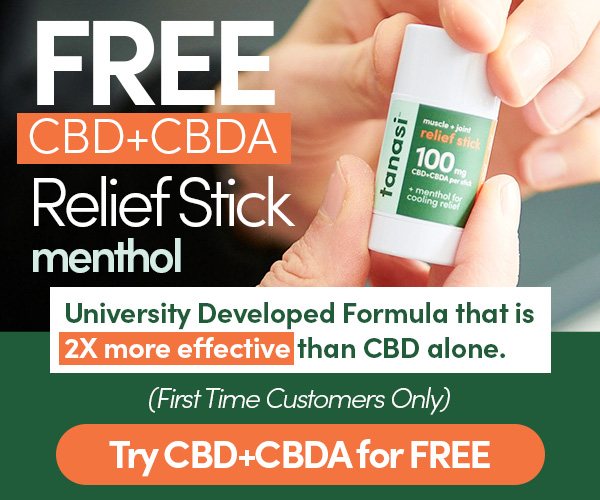Is Delta 8 Safe? A Comparison Of Natural And Synthetic Delta 8
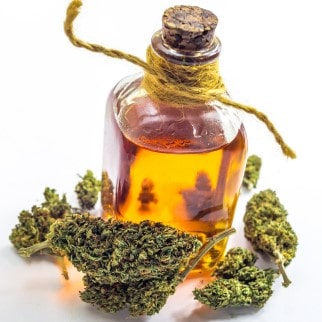
Posted on September 2nd, 2022
Is Delta 8 safe? And how does it differ from other cannabinoids? Well, the cannabis plant has been a staple of human civilization for at least 5,000 years. It has a myriad of medicinal, recreational, and residential uses. These various uses are separated into two different categories of cannabis with very different traits. The two main categories of cannabis that we use today are marijuana and hemp. The most significant difference between these two is that hemp contains less than 0.3 percent THC.
THC Variants
THC – or more specifically, Delta-9 THC – is the most well-known cannabinoid in the cannabis plant. A cannabinoid is a group of plant compounds that can interact with the human endocannabinoid system(ECS). The interactions with the ECS can cause changes in a person’s mental, emotional, or physical health. The THC cannabinoid is often associated with its psychoactive properties. It’s the primary compound in marijuana responsible for the “high” feeling.
After THC, the next most abundant cannabinoid is likely CBD. CBD does not produce any psychoactive effects but is believed to encourage various health benefits once consumed. Studies suggest that CBD can have an impact on pain, depression, anxiety, and overall well-being. CBD does not get you “high” and it is considered legal in most states.
Is Delta 8 Safe Legally?
Thanks to the 2018 Farm Bill, we can now legally consume CBD, even though Delta-9 THC is still illegal in most states. The legislature allows farmers to grow hemp crops that contain less than 0.3 percent THC, though marijuana plants remain illegal. Now, we can enjoy genetic plant variations with high concentrations of alternative cannabinoids like CBD. And they can replace the naturally high THC content in marijuana plant varieties.
Delta 8 is an interesting cannabinoid that currently exists in a gray area in terms of legality and potential medical benefits. It is still legal in the majority of states yet it does produce a mild psychoactive effect. There is naturally very little delta 8 in a marijuana plant, but today’s altered hemp plants can contain a much larger concentration.
Of course, the major question everyone wants to be answered is “Is delta 8 safe?”. Many experts believe that delta 8 is safe when acquired naturally and consumed in moderation. Abusing the substance or turning to synthetic alternatives does come with risks. But first, let’s look closer at what exactly delta 8 is and how it works.
What is Delta 8? 
First discovered by “The Father of Cannabis” during the 1960s, delta 8 was mostly forgotten for decades. People wouldn’t begin the ask the question “Is delta 8 safe?” until after the 2018 Farm Bill was passed and hemp was back in the spotlight. In 2019, some companies began selling delta 8 tinctures, gummies, and vapor cartridges. At that time, most people still did not know exactly what it was.
First, delta 8 is a naturally occurring cannabinoid just like delta 9 and CBD. But of those two, it is much more closely related to delta 9. Delta 8 is also known as Delta-8 THC because it is an isomer of delta 9 THC. An isomer is a compound with the same chemical formula but with atoms arranged slightly differently. This ultimately changes the properties of the compound and how it interacts with the body.
Being an isomer of delta 9 means that the two cannabinoids function very similarly. They both have some intoxicating effects and they both have some potential medical benefits. Research gathered from consumers shows that delta 8 is just as effective at cannabis in terms of benefits yet has fewer adverse effects. Unfortunately, due to the young age of delta 8, these research surveys are not yet supported with strong empirical evidence.
Delta 8 Sources: Natural vs Synthetic
If you want to answer the question, “Is delta 8 safe?”, then you first need to answer, “Where did the product come from?”. As with nearly every plant compound available, it’s possible to synthesize chemicals that are similar to delta 8 and that produce similar effects. And just like with those other synthetic products, it adds a lot of unnecessary risk to the experience.
Natural D8
True delta 8 is a completely natural compound. However, it appears in such small qualities in the marijuana plant that it is essentially impossible to extract enough to make a useful product. That leaves only two alternatives for sourcing enough delta 8 to be profitable.
The first option is to source delta 8 from hemp plants that have a much higher concentration of delta 8. Farmers can grow specialized strains of cannabis plants that have a higher concentration of specific cannabinoids. It’s the same way they are able to cultivate plants that have very little delta 9 THC. In this case, they want to cultivate plants that have a high concentration of delta 8.
Taking the natural route is almost always more expensive for whoever is producing the product. They need to find a source of high-quality hemp plants that have a high concentration of the delta 8 cannabinoid. And even this is not reliable all of the time. Nonetheless, this is the safe and natural method for extracting delta 8.
Synthetic D8
The alternative option? Produce delta 8 synthetically, in a lab. There have been other synthetic cannabinoids on the market over the years but most of them have since become classified as illegal controlled substances. And many people are worried that this might happen to delta 8 if the popularity of synthetic delta 8 climbs.
The method of producing synthetic delta 8 is not quite as problematic as more dangerous synthetic cannabinoids like “K2” or “Spice”. The common method for producing synthetic delta 8 involves using an acid conversion method to change CBD to delta 8. This is possible because CBD, THC, and other cannabinoids come from the same precursor and all have similar molecular structures.
Is Delta 8 Safe: Concerns With Synthetic D8 
Obviously, there are some concerns surrounding synthetic delta 8. Some experts worry it contains trace amounts of harmful synthetic by-products. And we don’t yet know their long-term effects. Plus, many synthetic delta 8 products also contain delta 9 and delta 10.
But just because many delta 8 products use a synthetic conversion method does not make them inherently dangerous. After all, they are converted from one naturally occurring compound into another naturally occurring compound. Still, you’re taking a greater risk when choosing a synthetic product. For some people, it’s a risk they aren’t willing to take.
Finding out the true source of your delta 8 products might not be easy. Many manufacturers claim to sell all-natural products knowing that it isn’t true. There is currently very little regulation in the market and companies can make some wild claims. That’s why it’s up to you to do your research and find a brand that you believe is trustworthy. Find a brand that believes in natural, healthy products even when they might cost a little more.
Final Thoughts
Some synthetic cannabinoids should be avoided altogether. Once-popular brands like “K2” have become illegal and for good reason. Delta 8 which has been converted from CBD does not seem to be as dangerous, but we are still in the early stages of usage and may discover adverse side effects in the long term. If possible, it’s best to find an all-natural source of delta 8 that you know is safe and reliable.

